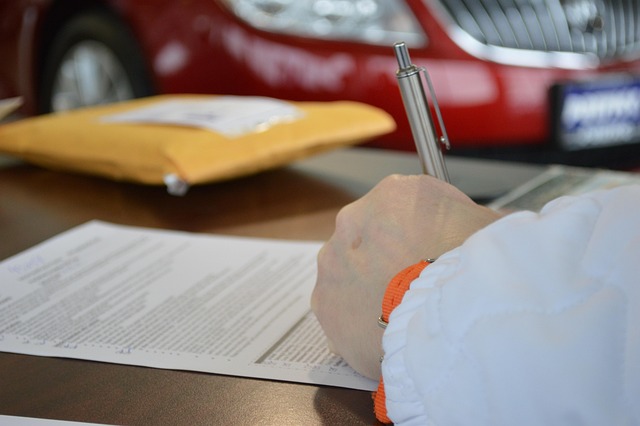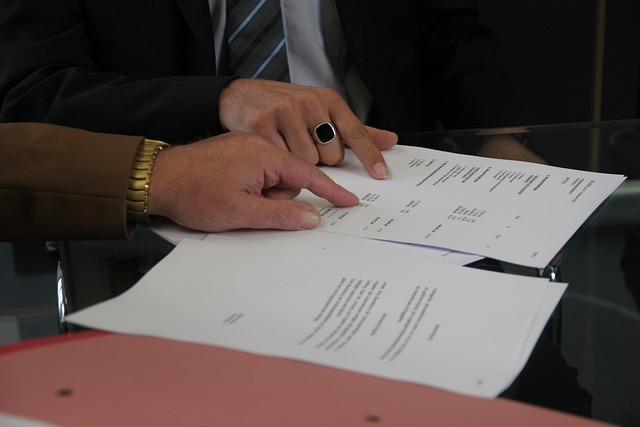Losing a loved one is never easy, and dealing with their property and estate can add further stress at an already difficult time. If the person who has passed away owned a property, you may be wondering whether it can be sold — and if so, when.
In most cases, selling a property after someone dies is part of the probate process — the legal process of proving the Will, settling debts and taxes, and distributing what remains to the beneficiaries.
This guide explains when probate is needed, how a probate house sale works, and what steps are involved in selling a property after someone has passed away.
What Is a Probate House Sale?
A probate house sale happens when a property is sold as part of managing a deceased person’s estate.
The sale may take place to:
- Pay off debts or taxes, or
- Distribute the value of the estate fairly between beneficiaries.
If there is a Will, the named executor handles the sale.
If there isn’t one, a close family member may be apply to become the administrator of the estate, giving them legal authority to manage the process under the rules of intestacy.
Before probate begins, the death must be registered, and a death certificate issued. The executor or administrator must then identify the value of all assets (including property) and any debts or liabilities owed.
Can You Sell a House Before Probate?
No — the sale cannot be completed until a Grant of Probate (or Letters of Administration, if there is no Will) has been issued by the court.
This Grant is the official document confirming that the executor or administrator has the authority to deal with the estate. Without it, the sale cannot legally proceed to exchange of contracts or completion.
Can You Market a Property While Waiting for Probate?
Yes — you can prepare the property for sale while waiting for probate to be granted.
This includes:
- Clearing and cleaning the property
- Getting an estate agent’s valuation
- Listing it on the market
- Allowing viewings and initial conveyancing checks
However, the sale cannot complete until the Grant has been issued. It’s a good idea to tell the estate agent that the sale is subject to probate so they can manage any buyer’s expectations about the timescale.
Do You Have to Sell the Property?
Not necessarily. Selling isn’t the only option depending on what is written in the Will or what the beneficiaries would prefer.
If the Will or intestacy rules specify that the property should pass to a beneficiary, it can be transferred into their name instead (or joint names if there is more than one). Probate will still be required for the legal transfer to take place.
If the property was jointly owned as joint tenants (i.e. there is a surviving joint owner), probate isn’t needed and the property will not be dealt with by the executor (or administrator). The principle of survivorship means ownership automatically passes to the surviving joint owner. They can then sell the property in their own right, without needing a Grant of Probate.
Inheritance Tax and Property Sales
Whether Inheritance Tax (IHT) is payable depends on the value of the estate and who it passes to.
- The standard Nil Rate Band allows £325,000 to be passed on tax-free.
- If the home passes to children or grandchildren, the estate may qualify for an extra £175,000 Residence Nil Rate Band.
- If the total estate exceeds £2 million, this additional Residence Nil Rate Band allowance is gradually reduced.
- Anything left to a spouse or civil partner or charity is exempt from IHT.
Any IHT due must be considered during probate and may need to be paid before the sale completes, often from the sale proceeds. This can affect the amount that remains for beneficiaries.
How Long Does an Executor Have to Sell the Property?
There’s no strict legal deadline, but the general rule of thumb is the “executor’s year.”
This means the executor should aim to complete as much of the administration — including selling any property, settling debts, and distributing the estate — within 12 months of the death. In practice probate delays, delays in receiving valuations or finding a purchaser can mean the process takes much longer.
How to Sell a Property After Someone Dies
Get a professional valuation
An estate agent can provide a free market valuation based on the property’s value at the date of death. This figure will be needed for both the probate application and any inheritance tax forms. You should aim to get at least 3-4 valuations so that you can take an average.
For a taxable estate, or an estate with an unusual property, it is advisable to get a RICS valuation from a qualified surveyor. These cost more but come with more certainty that the valuation is accurate and will be accepted by HMRC (and if not often the surveyor will be the one to argue their case, not you).
- Check the title and deeds
You will need to check ownership details with the Land Registry and review any restrictions, mortgages or covenants affecting the property.
If the home isn’t registered (often the case with older properties), the title original deeds will need to be located and examined.
- Apply for probate
The executor or administrator completes an inheritance tax return and applies for probate using the relevant process. For estates over £5,000, there’s a court fee of £300.
Once granted, this gives the executor/administrator legal authority to manage and sell the property.
- Market the property
After probate has been granted, the house can officially go on the market. Viewings and offers can proceed, and once a buyer is found, the sale can move toward exchange and completion.
- Clear the property and complete the sale
Once the sale is agreed, it’s the executor’s responsibility to clear the property and distribute the proceeds according to the Will or intestacy rules. If this feels overwhelming, professional clearance services can help handle the process sensitively.
How We Can Help
At NE Family Law, we understand that selling a property after someone’s death involves more than just paperwork — it’s an emotional and often complex process.
Our friendly and experienced private client team can help with:
- Probate applications and estate administration
- Inheritance tax advice and planning
- Supporting executors and beneficiaries every step of the way
We’ll guide you through the process with clarity and compassion, ensuring everything is handled efficiently and with care.




